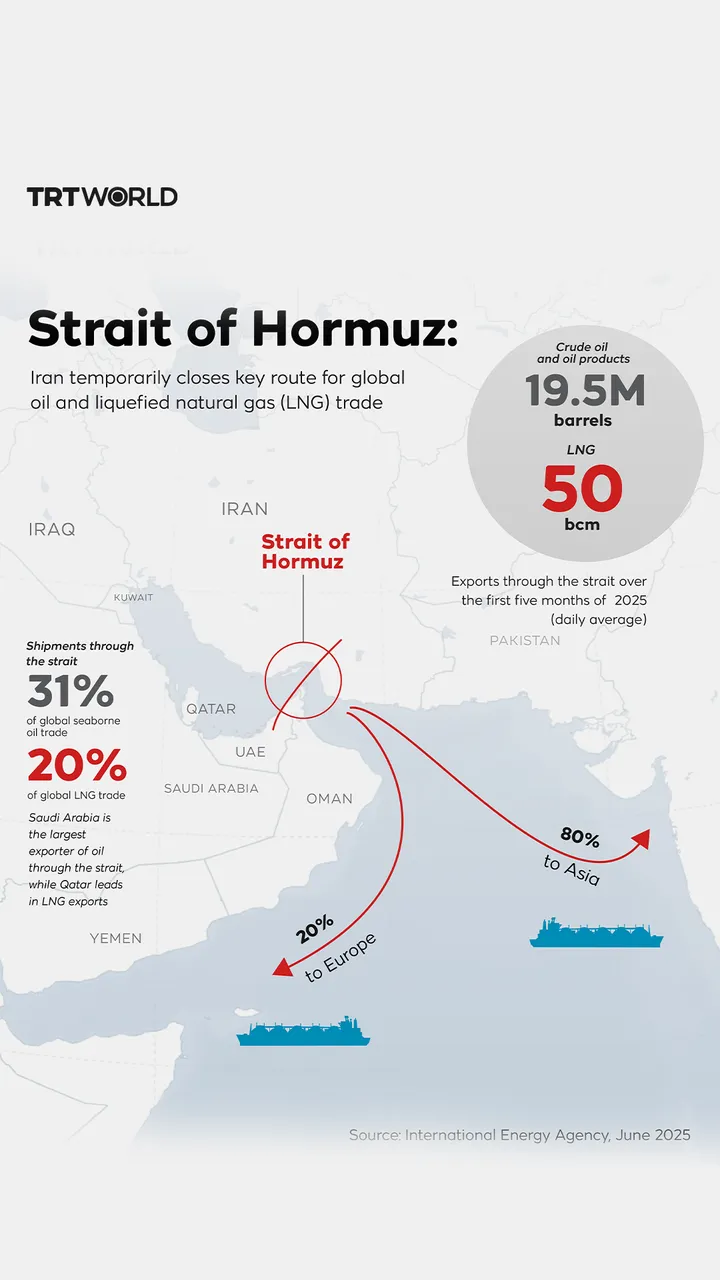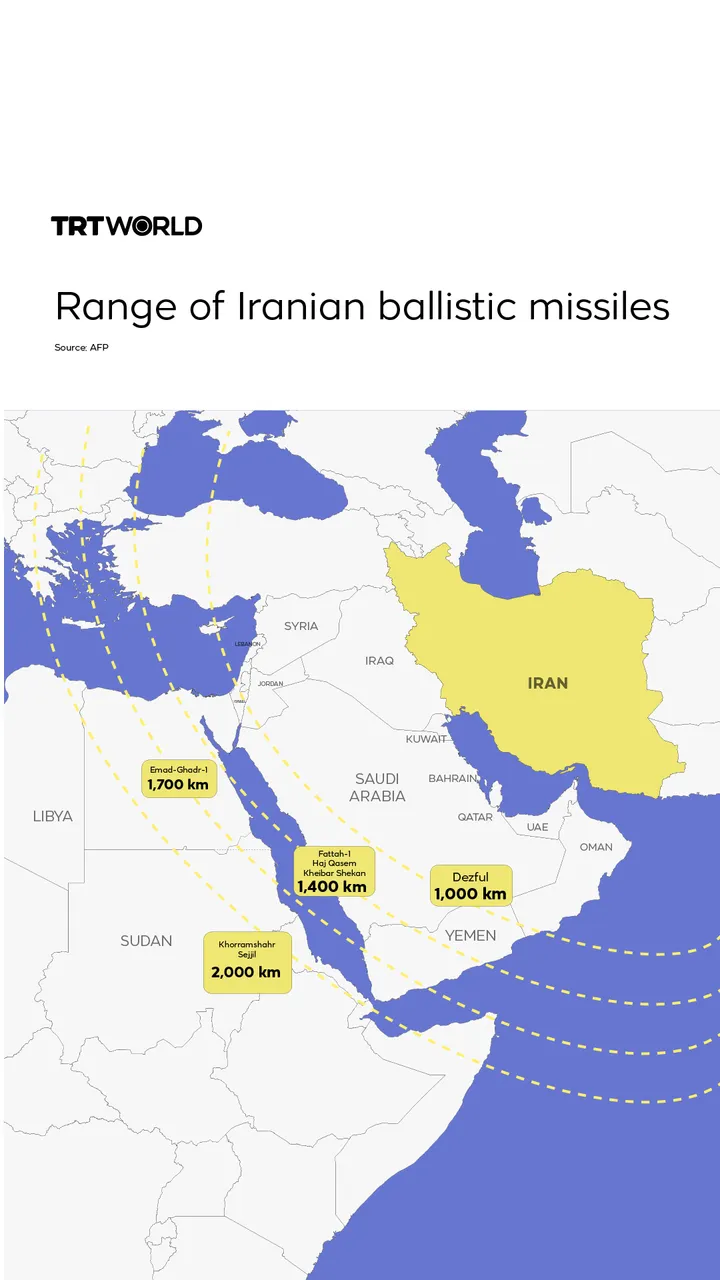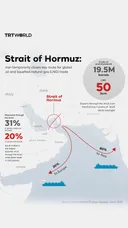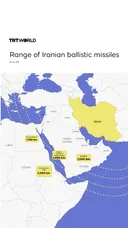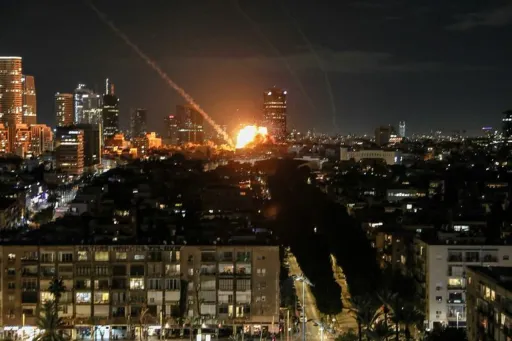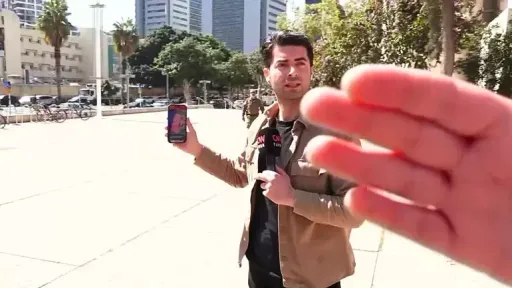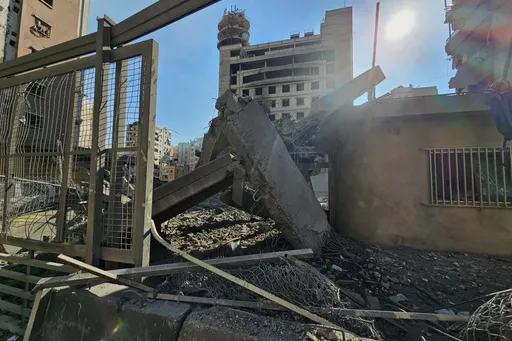Thousands have hit the streets of the opposition-held city of Idlib in a boisterous rally against the disputed Syrian presidential elections.
Voting started in regime-held areas of the war-torn country early on Wednesday in votes set to give regime leader Bashar al Assad a fourth seven-year term.
The vote is the second presidential election since the country's conflict began 10 years ago and has been dismissed as a sham by Turkey, the Syrian opposition and Western countries.
Two other candidates are running for the country's top post, which has been held by members of the Assad family for five decades.
Crowds chanted against Assad and revived slogans used in the early days of the uprising against him.
The rally was organised to denounce the elections, which protesters called "farcical" and illegitimate.
"I opened Facebook to see Bashar Assad electing himself. What a farce that is taking people lightly," said Salwa Abdel-Rahman, who wore a revolution flag around her neck and a headband that read "no to racism and tyranny."
'A theatrical show'
Protesters raised banners describing Assad as a war criminal and chanted, calling him the "enemy of God."
Most residents of the opposition-held enclave – around four million – are displaced by various rounds of fighting and refuse to return to live in Assad-controlled areas after losing their homes, and with the threat of detention and arrest hanging over their heads in the absence of a peace plan.
Abdel-Rahman, who was displaced from Aleppo in 2012 at the height of fighting there, said she took part in the protests in Idlib as a no-vote to Assad.
"I came here to cast my vote, to say no to your legitimacy and no to farcical elections because you have killed, displaced and detained Syrians who are still in your prisons," she said.
Abdelaziz Ajeiby, another protester, called the elections a "a theatrical show" and labelled Assad a "criminal killer."
Assad reminds West of 'colonial history'
"The Assad regime’s so-called presidential election is neither free nor fair," US Secretary of State Anthony Blinken said in a Twitter post on Wednesday.
"The US joins France, Germany, Italy, and the UK in calling for the rejection of the regime’s attempts to regain legitimacy without respecting the Syrian people’s human rights and freedoms."
READ MORE:Millions of Syrians excluded as election takes place under Assad regime
Assad blasted countries that have dismissed the vote as illegitimate, saying most of those nations "have colonial history" and "we as a state are not concerned about such statements."
He spoke on Wednesday morning after casting his ballot in the Damascus suburb of Douma. The area was one of the main opposition strongholds in the country until it was retaken by regime forces in 2018.
It was the scene of an alleged poison gas attack in April 2018 that triggered strikes by the US, Britain and France.
The 55-year-old Assad arrived at the polling station with his wife, Asma, driving his own car.
Assad has been in power since 2000, when he took over from his father Hafez, who ruled before that for 30 years.
Despite the war, which seemed at one point to threaten his rule, Assad remained in power supported by regional powerhouse Iran and Russia, which sent in military advisers and air power to push back the armed opposition.
Wednesday's vote was held under Syria's current constitution, disregarding a 2015 UN-charted path toward a political resolution to the decade-old war.
UN Security Council Resolution 2254 unanimously endorsed a political process and road map to peace in Syria that begins with drafting a new constitution and ends with UN-supervised elections.
READ MORE:US and its European allies warn Syria vote neither 'free nor fair'
Competition with Assad merely symbolic
Two other little known figures, Abdullah Salloum Abdullah and Mahmoud Ahmad Marie, are also running for the country's top post.
But competition with Assad is largely seen as symbolic in a country where election results are known in advance.
Starting at 7 am, thousands began arriving at polling stations in Damascus, thronging streets festooned with giant posters of Assad and banners praising his rule. Most were not wearing masks, despite a coronavirus outbreak in the country.
"We choose the future. We choose Bashar Assad," read one of thousands of banners raised in the capital Damascus.
"I am here to vote because it is a national duty to choose a president who will lead us in the coming period," said civil servant Muhannad Helou, 38, who said he voted for Assad.
READ MORE:Syrian parliament says presidential vote to be held on May 26
No vote in northeast Syria
No vote was held in northeast Syria, which is controlled by US-backed militants, or in the northwestern province of Idlib that is the last major opposition stronghold in the country.
Still, in some parts of regime-held areas, including the southern provinces of Daraa and Sweida, many rejected the vote calling it "illegitimate."
Activists and opposition media platforms reported a general strike for the second day on Wednesday in a number of villages and towns in Daraa province, to protest against holding the elections and placing ballot boxes in the area, where regime security agencies are deployed.
"Syria's presidential election is not expected to be free, fair, or legitimate," said Edward Denhert, Middle Eastern research analyst at The Economist Intelligence Unit.
In a note, he said the sham election will deepen the rift between Syria and the West and that consequently, Assad will pivot further toward its Russian and Iranian backers as well as China.
The vote this year comes as Syria's economy is in free fall as a result of a decade of war, Western sanctions, government corruption and the financial crisis in Lebanon, Syria’s main link with the outside world.
READ MORE:The Syrian regime turns death statements into a 'blackmailing' tool
'UN is not involved in this election'
The Biden administration has said it will not recognise the result of the Syrian election unless the voting is free, fair, supervised by the United Nations, and representative all of Syrian society.
"The UN is not involved in this election and has no mandate to be," UN special envoy for Syria Geir Pedersen told the UN Security Council in a briefing on Wednesday.
"It is a source of regret that, despite our best efforts, there has been little progress this month, and indeed at all, in advancing the different dimensions of resolution 2254," he added.
Pedersen had previously singled out the Syrian regime for blocking progress in the constitutional committee established to draft a new constitution.
Syria had a population of 23 million before the conflict broke out a decade ago. The fighting has left nearly half a million dead and half the country's population displaced, more than 5 million of them refugees outside Syria.
The war broke out in 2011 when protests against Assad family rule turned into an armed insurgency in response to a brutal military crackdown.



